Inflation
Chrystia Freeland refuses to answer how much Trudeau government has collected via carbon tax
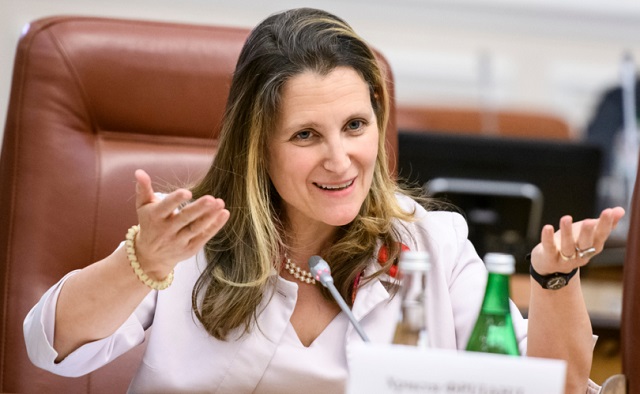
From LifeSiteNews
Deputy Prime Minister and Finance Minister Chrystia Freeland continues to claim that the revenue from the carbon tax ‘goes back to Canadians’ despite data showing otherwise.
Canadian Deputy Prime Minister and Finance Minister Chrystia Freeland has refused to reveal how much Liberals have collected via the unpopular carbon tax, which is set to go up again on April 1.
During a March 21 session in the House of Commons, Conservative Member of Parliament (MP) Marty Morantz questioned Freeland regarding how much the Liberal government has taken in through the carbon tax.
“How much has your government collected in carbon taxes?” Morantz asked.
Freeland responded by dodging the question, stating, “[This is] also an opportunity for me to point out that Manitoba families will be getting $1,200 this year.”
“Again, minister, if I could just have the number [of] how much you’ve collected in carbon taxes,” Morantz pressed.
Freeland again refused to answer, instead claiming that the “key point” is that the “price on pollution” is “revenue neutral.”
As Morantz persisted in his question, Freeland alleged that the revenue from the carbon tax is “all money that goes back to Canadians.”
However, this statement has been proven untrue as the Parliamentary Budget Officer recently revealed that the government rebates are insufficient to cover the rising costs of fuel under Trudeau’s carbon tax, causing many to wonder where their money is actually going.
According to records published in December, the carbon tax cost Canadians nearly $200 million in paperwork since Prime Minister Justin Trudeau introduced the fuel charge in 2019.
Trudeau’s carbon tax, framed as a way to reduce carbon emissions, has cost Canadian households hundreds of dollars annually despite rebates when factoring in the indirect costs associated with the measure.
The costs are only expected to rise, as a recent report revealed that a carbon tax of more than $350 per tonne is needed to reach Trudeau’s net-zero goals by 2050.
Currently, Canadians living in provinces under the federal carbon pricing scheme pay $65 per tonne, but the Trudeau government has a goal of $170 per tonne by 2030.
Additionally, Trudeau has refused to pause the carbon tax hike scheduled for April 1, despite seven out of ten provincial premiers and 70 percent of Canadians pleading with him to halt his plan.
Meanwhile, Trudeau and his cabinet continue to attend lavish retreats, with a recent Liberal retreat costing taxpayers nearly $500,000.
During a media interview following the nearly $500,000 retreat, Trudeau told Canadians struggling with the high cost of living that times are also difficult for politicians.
“Yeah, people are facing tough times, and yes, everyone is finding it difficult right now. And as leaders, MPs, parliamentarians of all types, part of our job is to be there to take it, to support it as Canadians are worried and anxious, and put out those solutions,” he said.
“So yeah, it’s not an easy time to be a politician,” Trudeau lamented.
Business
Trudeau’s new tax package gets almost everything wrong
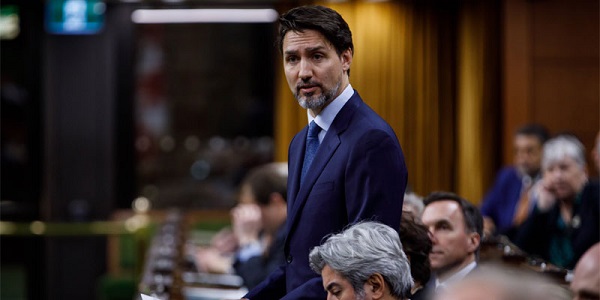
From the Fraser Institute
Recently, Prime Minister Justin Trudeau announced several short-term initiatives related to tax policy. Most notably, the package includes a two-month GST holiday on certain items and a one-time $250 cheque that will be sent to all Canadians with incomes under $150,000.
Unfortunately, the Trudeau government’s package is a grab bag of bad ideas that will not do anything to get Canada out of the long-term growth rut in which our economy is mired. There are too many to list all in one place, but here are four of the biggest problems with Prime Minister Trudeau’s tax plan.
- It reduces the wrong taxes. When it comes to economic growth, not all taxes are created equal. Some cause far more economic harm per dollar of government revenue raised than others. The government’s package creates a holiday on the GST for some items (only for two months) which is a mistake given that the GST is one of the least economically harmful components of the tax mix. Canada’s recent growth record is abysmal, and boosting growth should be a primary goal of any changes to tax policy. A GST cut of any duration fails this test relative to other tax cuts.
- Temporary tax holidays shift consumption in time, they don’t boost growth. The government’s GST reduction is actually a short-term tax holiday on certain items that will last two months. There are decades worth of economic research showing that when governments create short-term tax breaks, they may change the timing of consumption, but they won’t contribute to actual economic growth. Shifting consumption from the future to the present won’t help get Canada out of the economic doldrums. This is particularly true of the Trudeau tax holiday since purchases that Canadians may have made after the two-month holiday period will simply be shifted forward to take advantage of the absence of the GST. As noted above, there are better taxes to cut than the GST, but no matter what taxes we are talking about permanent reductions are vastly superior to temporary tax cuts like short-term holidays.
- One-time tax rebates don’t improve economic incentives. Perhaps the worst element of the Trudeau government’s announcement was a plan to send $250 cheques to all Canadians earning under $150,000. One-time tax rebates are a terrible way to provide tax relief. When you cut income tax rates, you improve incentives for people to work and invest because they get to keep a larger share of their earnings. This helps the economy grow. One-time rebates that you get regardless of the economic choices you make has no similar effect. This means that the rebate with its $4.7 billion price tag won’t help Canada’s poor growth performance.
- It borrows from the future to give to the present. The federal government is currently running a large deficit. This raises the question of who will have to pay the $4.7 billion bill for the one-time payments announced today. The answer is that the government will have to borrow the money and therefore future taxpayers will have to either pay it off or service the extra debt indefinitely. The money the Trudeau government will send out won’t come out of thin air, it’ll have to be borrowed with the burden falling on future taxpayers.
The Trudeau government got one thing conceptually right, which is that there are advantages to reducing the tax burden on Canadians. Unfortunately, the policy package it has put forward to provide tax relief gets everything wrong. It reduces the wrong taxes, shifts taxes temporally rather than cutting them, does nothing to improve economic incentives, and burdens future taxpayers. With the holiday season around the corner, this attempt at a gift to Canadian taxpayers is the economic equivalent of a lump of coal in the stocking.
Authors:
Business
Carbon tax bureaucracy costs taxpayers $800 million

From the Canadian Taxpayers Federation
By Ryan Thorpe
The cost of administering the federal carbon tax and rebate scheme has risen to $283 million since it was imposed in 2019, according to government records obtained by the Canadian Taxpayers Federation.
By 2030, the cost of administering the carbon tax is expected to total $796 million, according to the records.
“Not only does the carbon tax make our gas, heating and groceries more expensive, but taxpayers are also hit with a big bill to fund Prime Minister Justin Trudeau’s battalion of carbon tax bureaucrats,” said Franco Terrazzano, CTF Federal Director. “Trudeau should make life more affordable and slash the cost of the bureaucracy by scrapping the carbon tax.”
The government records were released in response to an order paper question from Conservative MP John Barlow (Foothills).
The carbon tax and rebate scheme cost taxpayers $84 million in 2023, according to the records.
There were 461 federal bureaucrats tasked with administering the carbon tax and rebate scheme last year, according to the records.
The CTF previously reported administering the carbon tax cost taxpayers $199 million between 2019 and 2022.
Projected costs for administering the carbon tax and rebate scheme between 2024 and 2030 are $513 million, according to the records.
That would bring total administration costs for the carbon tax and rebate scheme up to $796 million by 2030.
But the true hit to taxpayers is even higher, as the records do not include costs associated with the Fuel Charge Tax Credit for Farmers or the Canada Carbon Rebate for Small Businesses.
“It’s magic math to believe the feds can raise taxes, skim hundreds-of-millions off the top to hire hundreds of new bureaucrats and then somehow make everyone better off with rebates,” Terrazzano said.
The carbon tax will cost the average household up to $399 this year more than the rebates, according to the Parliamentary Budget Officer, the government’s independent, non-partisan budget watchdog.
The PBO also notes that, “Canada’s own emissions are not large enough to materially impact climate change.”
The government also charges its GST on top of the carbon tax. The PBO report shows this carbon tax-on-tax will cost taxpayers $400 million this year. That money isn’t rebated back to Canadians.
The carbon tax currently costs 17 cents per litre of gasoline, 21 cents per litre of diesel and 15 cents per cubic metre of natural gas.
By 2030, the carbon tax will cost 37 cents per litre of gasoline, 45 cents per litre of diesel and 32 cents per cubic metre of natural gas.
-

 Business2 days ago
Business2 days agoCBC’s business model is trapped in a very dark place
-
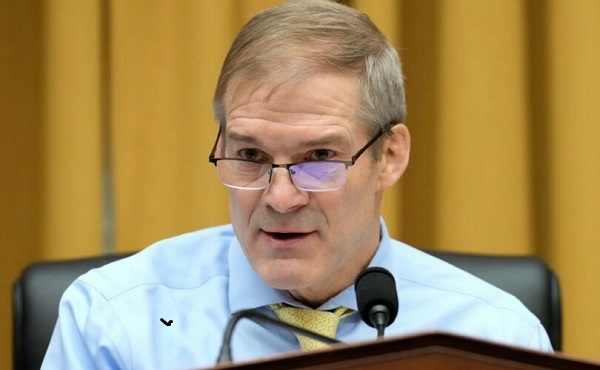
 Censorship Industrial Complex2 days ago
Censorship Industrial Complex2 days agoCongressional investigation into authors of ‘Disinformation Dozen’ intensifies
-

 Alberta2 days ago
Alberta2 days agoAlberta government announces review of Trudeau’s euthanasia regime
-

 Alberta1 day ago
Alberta1 day agoAlberta fiscal update: second quarter is outstanding, challenges ahead
-
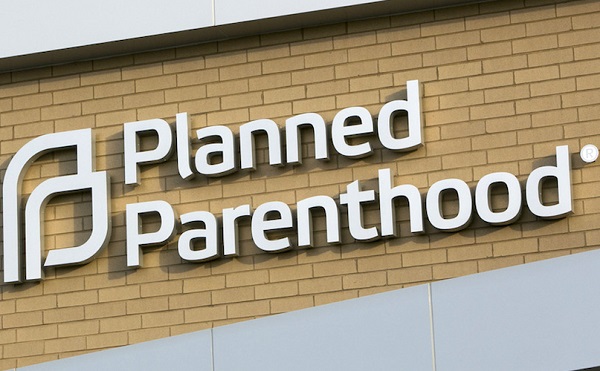
 Business1 day ago
Business1 day agoTrump’s government efficiency department plans to cut $500 Billion in unauthorized expenditures, including funding for Planned Parenthood
-

 Brownstone Institute16 hours ago
Brownstone Institute16 hours agoFirst Amendment Blues
-
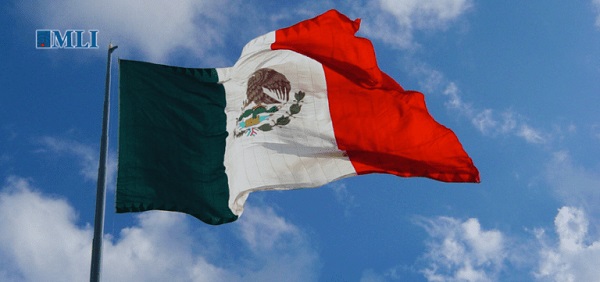
 Crime1 day ago
Crime1 day agoMexican cartels are a direct threat to Canada’s public safety, and the future of North American trade
-

 Business19 hours ago
Business19 hours agoDEI gone?: GOP lawmakers prep to clean house in federal government






